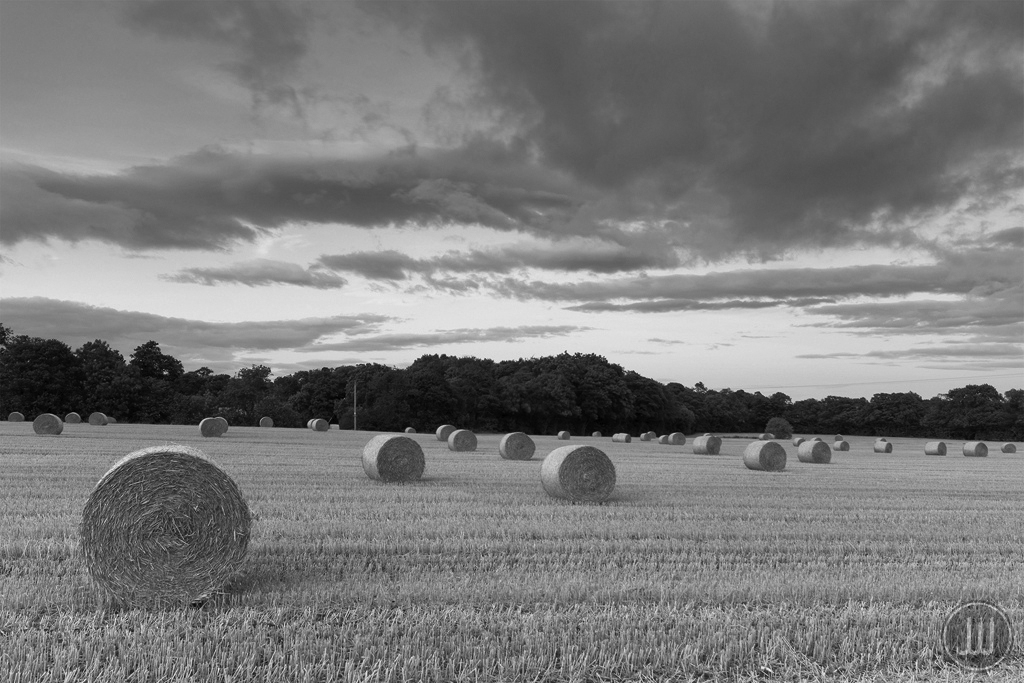The lay of the Brexit land
Leaving the EU has many implications - most of which are only now starting to become clear. Some affect the environment: it is often said that 80 per cent of UK environmental legislation comes from Europe, whilst the EU common...
Leaving the EU has many implications – most of which are only now starting to become clear. Some affect the environment: it is often said that 80 per cent of UK environmental legislation comes from Europe, whilst the EU common agricultural policy, a major part of the EU’s budget, has a significant impact on Britain.
The House of Commons Environmental Audit Committee (EAC) – arguably one of the most useful bits of the machinery of parliament – is conducting a series of scrutiny inquiries into the future of the environment in the context of the Brexit negotiations. They have begun with an inquiry mainly focused on agriculture and land, which resulted in a report published at the beginning of this month, ‘The Future of the Natural Environment after the EU Referendum.
The government has announced that it plans to bring in a so-called Great Repeal Bill, which will have the effect of keeping as part of the UK’s own laws most of the EU legislation that is currently included in UK law. This is supposed to minimise disruption and avoid the need for a time-consuming process of separately putting through Parliament afresh each piece of existing EU-derived UK law.
However – in an analysis which surely applies to most areas of EU-derived law, not only to the environment and agriculture – the EAC argues there is a danger that once we are outside the EU these laws will stop being updated. They could gradually become less relevant and applicable, be poorly enforced in the absence of EU mechanisms, and be undermined through the government’s use of statutory instruments, which enable them to change details -often very important details – of legislation with minimal parliamentary scrutiny.
The EAC therefore recommends that “the government must, before triggering article 50, commit to legislating for a new Environmental Protection Act, ensuring that the UK has an equivalent or better level of environmental protection as in the EU.”
There has been no such commitment given by the government, which suggests that it might be necessary for parliament to make this a condition of approving the triggering of article 50. This would be a very useful amendment to the government’s likely article 50 bill. There might also (as the EAC says) be a need for new food safety and animal welfare legislation.
The EAC also wants a guarantee from the government “that it will not trade away environmental protections, animal welfare and food safety standards, as part of the negotiations to leave, or as part of future trade deals”.
The committee hints, in committee-ese language, at its worries about the size of Defra’s staffing and budget: “Government must also provide evidence to allay our scepticism over the capacity of Defra to meet the additional pressures that exiting the EU creates …” This is particularly important in view of the need to create a new system for agricultural and land management payments to replace the common agricultural policy.
The whole report amounts to a much-needed shot across the bows for those on the free market right who want to use Brexit to dismantle so-called “red tape” protections and put the UK into a race to the bottom on standards in international trade. It also provides new ammunition for those seeking to scrutinise the Brexit process rather than simply rubber-stamp the referendum result with no questions asked.
Image: James Whitesmith

